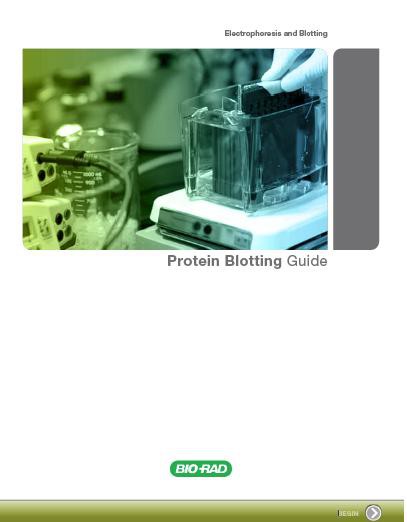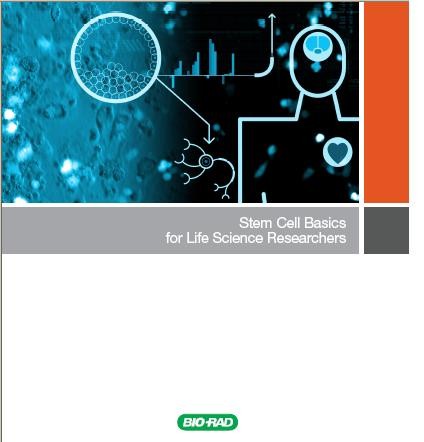Soda consumption may shorten your life. Sensationalist title? It certainly is. However, while there have been many studies demonstrating that a sugar-rich diet is harmful to your health, a unique study out of UCSF has actually measured a correlation between sugary soda consumption and shortened telomere length. When considered in conjunction with findings from other lab that have shown short telomeres to be associated with the development of chronic diseases such as heart disease, diabetes, and some types of cancer, the story becomes much more worrisome.
According to the study’s principal investigator, Elissa Epel
This is the first demonstration that soda is associated with telomere shortness.This finding held regardless of age, race, income and education level. Telomere shortening starts long before disease onset. Further, although we only studied adults here, it is possible that soda consumption is associated with telomere shortening in children, as well.
Based on the way telomere length shortens on average with chronological age, the UCSF researchers calculated that daily consumption of a 20-ounce soda was associated with 4.6 years of additional biological aging. This effect on telomere length is comparable to the effect of smoking, or to the effect of regular exercise in the opposite, anti-aging direction.
The full paper can be found in the American Journal of Public Health.
















